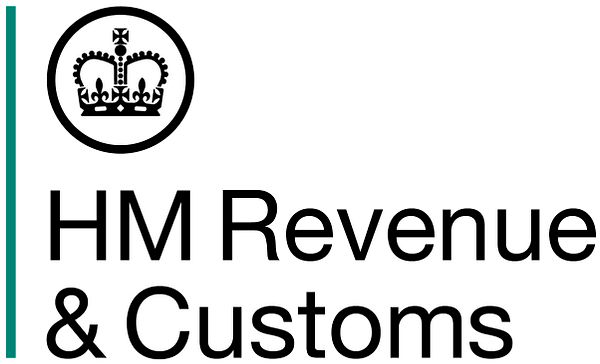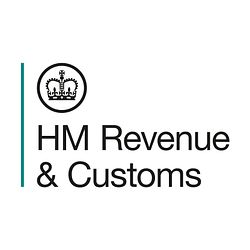
Press release -
Employers urged to file Pay As You Earn returns
More than 70,000 employers are being urged to send employees’ Pay As You Earn (PAYE) information in real time or face penalties, HM Revenue and Customs (HMRC) announced today.
Employers who have never used the new system to file PAYE returns in real time are being sent an email this week telling them to do so by the end of the year. As in previous years, if they don’t send HMRC their PAYE information at the end of the year they face penalties of at least £100. The penalty will depend on their number of employees and the length of time involved.
HMRC’s Director General for Personal Tax, Ruth Owen, said:
“Over 99 per cent of PAYE records are being successfully reported in real time and the majority of businesses say they find the new system easy to use. So those who have not begun using the system should not stick their heads in the sand. They need to act now to ensure that they don’t get a penalty at the year end.”
Employers who no longer need their PAYE schemes should tell HMRC as soon as possible. HMRC has lots of help and support for employers on its website.
PAYE schemes that pay their employees only annually, and which are registered with HMRC as annual schemes, should also make sure that they are ready to send their PAYE information to HMRC by the deadline.
For more information go to: www.hmrc.gov.uk/actnow
Notes to editors
1. Real Time Information (RTI) represents the biggest change to the payroll system in over 60 years. It is designed to reflect the labour market fluidity of the 21st century and deliver improved accuracy to employers and employees. RTI means employers and pension providers report deductions and payments they make to HMRC at the time they are made, rather than after the end of the tax year, as was the case before. This enables the tax system to better ensure the right tax is being taken at source.
2. The email follows-up warning letters issued to these employers in June and September 2013 telling them that they should start reporting their PAYE in real time as soon as possible. Their responsibility was to report in real time from April 2013, so they may already be almost 12 months late.
3. The RTI pilot was launched in April 2012 with just 10 employers, and now more than 99 per cent of PAYE records are being reported in real time.
4. Since 6 April 2013 when RTI was introduced, most employers should have been reporting PAYE information on or before the date they pay their employees. employers who have not yet started to do this will have received up to four letters from HMRC explaining about RTI and what they need to do.
5. HMRC recently announced that the new-in year penalties for late filing would start from October 2014, rather than from April 2014 as originally intended. However, under transitional arrangements, employers must report their PAYE information to HMRC by 19 May at the latest to avoid an end of year late filing penalty for 2013/4. Up to 19 April, employers can do this on a Full Payment Summary. After this date employers will need to send their payroll information on an Earlier Year Update.
6. Employers who have not paid any employees should tell HMRC using an Employer Payment Summary.
7. Penalties will be calculated on the basis of £100 per 50 employees and accrue for each month (or part month) that a return remains outstanding after 19 May.
8. Real Time Information will support the operation of Universal Credit, which brings together means-tested in and out-of-work benefits.
9. In December 2013 HMRC offered a package of support for micro businesses (with nine or fewer employees) who need more time to adapt to reporting PAYE information in real time. This will allow them to report PAYE information on or before the last payday in the month, rather than every payday, until April 2016.
10. Follow HMRC on Twitter @HMRCgovUK
Topics
Categories
Issued by HM Revenue & Customs Press Office
HM Revenue & Customs (HMRC) is the UK’s tax authority.
HMRC is responsible for making sure that the money is available to fund the UK’s public services and for helping families and individuals with targeted financial support.

